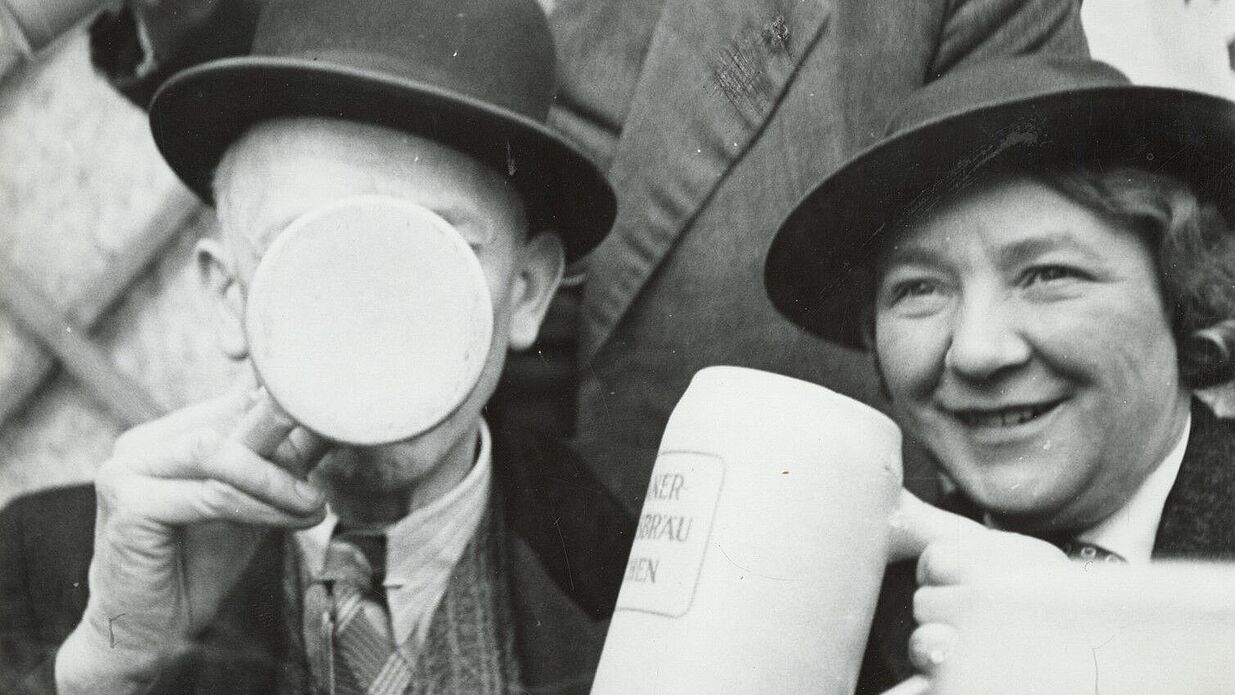A Short Laugh
Comic Characters in the Supporting Programme 1935 until 1939

What was funny in the "Third Reich"? What could and should be laughed at after propaganda minister Joseph Goebbels gained control of German film-making? Which comic types were in demand from then on? Following on from two film series on comic supporting films from 1933 and 1934, we conclude with a look at the short comedies that were shown in cinemas between 1935 and 1939 before the feature-length films. The National Socialist dictatorship was firmly established, any opposition was crushed in the bud and large parts of cultural life were brought into line. Against this backdrop, the films today seem to have fallen out of time. There is no sign of the political upheavals, nor of the desire to break the rules and exaggerate excessively, as is noticeable in some earlier comedies. In the bourgeois, somewhat dated milieu in which many of the stories are set, there are gentlemen and domestic servants, mistakes and mistaken identities, minor and major shenanigans. It's about fashion, men who take themselves seriously, sometimes even about deceitful nuns. The production often suggests a tight budget, which makes the involvement of veterans in front of and behind the camera all the more important, including Blandine Ebinger, Werner Finck, Liesl Karlstadt and Hubert von Meyerinck, Paul Heidemann, Walter Steinbeck and eccentric comedians such as Karl Valentin and Ludwig Manfred Lommel.
The fact that it was not allowed to make jokes about Hitler in the "Third Reich" and that mocking remarks could be life-threatening even in private was the downfall of the actor and cabaret artist Robert Dorsay, who appeared in many supporting films. In 1943, he was executed in Plötzensee for allegedly undermining the defence forces. A year later, the Jewish actors Kurt Gerron, Willy Rosen and Otto Wallburg, who had enriched the German film industry as comic actors until 1933 and were subsequently expelled, also fell victim to the regime. (Philipp Stiasny)
We thank Rolf Aurich and Günter Knorr.